Slimming World - 20 Tips for Shopping on a Budget and how to reduce your weekly groceries spending.

You are following the Slimming World plan but have a limited budget. So how do you save on the pennies, while still enjoy healthy delicious foods?
Here are my Slimming World - 20 Tips for Shopping on a Budget
1. Write out a meal plan
That way you know exactly what you are going to cook for the week. I have a great selection of meal plans to choose from here:
2. Write out a grocery list and stick to it.
Do an inventory of all stuff you need. If you don't, chances are you will buy on a whim and be tempted by too many displays of offers for things you do not really need. Not to mention you will probably forget you already have that big bag of rice in the cupboard and go and buy another, thinking "oh I think I need a bag of rice" etc.
3. Grocery shop online where possible
This helps you stick to number 2, especially if you are one of those who are easily tempted by things on offer and treats etc, then doing all your grocery shopping online will ensure you really do just buy the things you need. Grocery stores are set out to tempt us with cleverly placing offers etc at the end of an aisle, as they know most people when grocery shopping at the store impulse buy.
4. Never shop on a empty stomach
Do you know how disastrous that can be? Always have your meal before you go and then go prepared as in 1 and 2 above. That way you will stick to your list.
5. Leave kids at home
If it is possible, leave the kids at home or with another family member, that way you can stay focused and keep to your list and won't keep having the constant "can I have this" or " can I have that". This however may not be possible for some families.
6. Check out grocery stores that have limited choice of different branded foods
By that I mean things like fruit, veg and meat, canned items, pasta, freezer items - not chocolate, cakes, crisp etc, because that isn't going to help us stick to plan, right? Aldi and Lidl are great for weekly offers for these kind of things and they normally have a weekly flyer you can check out in advance.
7. Compare Store Prices
This can sometimes be time consuming, so not always possible, but there are some great websites out there for comparing prices between grocery stores and for finding coupons for certain items.
8. Choose cheaper cuts of meat
I know it is quicker and easy to just buy a tray of chicken breasts or thighs, but did you know you could save quite a bit of money by buying a whole chicken instead and cutting it up yourself? Whole chickens are often on offer too, for example you will regularly see deals for 3 chickens for £10 for example, where as a tray of chicken breasts could cost about £4. Admittedly you have to remove the bones and skin, but for the money it can save you, it is worth it. Also I love doing this Slow Cooker Chicken, as the meat literally falls off the bone and then you can shred the meat and place in a tub in the fridge for adding to salads, curries, soups etc.
Also choose ground meats over cuts of meat. While extra lean beef is usually more expensive than just regular mince, it is still cheaper overall than say a cut of beef.
9. Limit packaged and processed convenience foods and instead buy generic food items.
When at the grocery store, avoid the middle aisles. Those are the ones filled with all the unnecessary packaged and processed food. Instead, stick to the outer aisle where the fresh produce is and you won't be tempted by the unhealthy stuff. All that processed, packaged food can be super expensive too and all adds up on your shopping budget.
So many of us are under the misconception that fresh and healthy food is more expensive, but it really isn't if you shop wisely. While a ready meal might tempt you with a low price, you need to look at the overall cost, that meal is usually only serving one person, whereas buying generic ingredients that might be a little more expensive it is actually going to make a lot more meals overall.
It is all just clever marketing, brands want you to buy their stuff.
Also when buying things like yoghurt, buy a big tub of plain fat free yoghurt, and add your own fruit, it works out cheaper and healthier than more costly expensive small flavoured yoghurts.
10. Make your own treats
While it can be tempting to buy lots of boxes of low calorie cereals bars, crisps, chocolate etc, they can all be super expensive.
Instead make your own treats.
If you buy more generic ingredients and less branded treat stuff, you have less temptation in the house to tempt you off plan. That doesn't mean you can not have treats, but instead make your own. Things like baked oatmeal are one of my favourites (a big bag of just plain ole porridge oats is so cheap) or one of these delicious low calories sweets, desserts or treats
11. Stock up on the cheaper store cupboard ingredients
Things like big bags of pasta, lentils, rice, oats etc can be so cheap and they are great for bulking out meals, so you can use less meat overall which can be more pricy. You can buy a 1kg bag of lentils for about £2, that can make quite a few meals.
Buy family sized too if available as they are usually cheaper than the smaller bags.
And stock up one some tinned items, but bagged lentils/beans etc, usually work out much cheaper overall.
12. Gradually build up your spice collection
Spices and seasonings add great flavour to meals, and when combined with all the basic free foods, you can create some really delicious meals, but don't be tempted to buy too many at once. Instead, buy 1 or 2 a week as you need them until you have gradually built up a supply. Also check local Indian grocery stores etc, where you might get a bigger bag of spices for much cheaper than the teeny little jars you get at the grocery store.
13. Stock up when you see offers
Meat can be super expensive, so when there is a good deal on, take advantage of it, buy extra and freeze. It will save you more money in the long run
14. Check out local markets
Sometimes markets can have great deals on fruit and veg. Try going near the end of the day too, when they are likely to do you an deal on a box of fruit or veg to get rid of stock if there is no market scheduled for the next day.
15. Use up fresh produce
Don't let fresh produce spoil, every two days do a check of what you have and make time to use up some of the ingredients that could spoil and waste you money. Soups etc are great for using up lots of leftover bits of veg. Also freeze some items in containers or zip lock bags if you think you will not get round to using them.
16. Buy frozen and bulk
If fresh produce is really expensive in your area or certain things are not in season, consider frozen instead. Things like bags of frozen vegetables or fruit can be great for having on hand to add speed food to your meals.
Also instead of buying small bags of things you use often like rice or pulses for example, instead buy bulk larger bags, it works out much cheaper usually.
17. Shop Seasonal
Check this great list for seasonal fruit and veg. - What fruits & vegetables are in season when?
Making sure you only buy the fruit and vegetables in season will mean better quality and less costly, as they will not be imported.
18. Limit eating out and takeaways
Instead create your own versions of some of your favourite take away dishes at home. I have many to choose from in my Fakeaway Recipes
19. Batch cook and freeze
Set a day aside each week to do some batch cooking of a few Slimming World recipes.
That way it avoids any going off plan and spending more money on quick food or takeaways when you have a busy day and haven't had time to cook anything.
These Freezer Friendly recipes are all great for batch cooking
20. Shop once a week at the most.
If you make sure you follow 1 and 2, there should be no need for in between grocery shopping, where you are likely to spend more money or buy things you do not need.
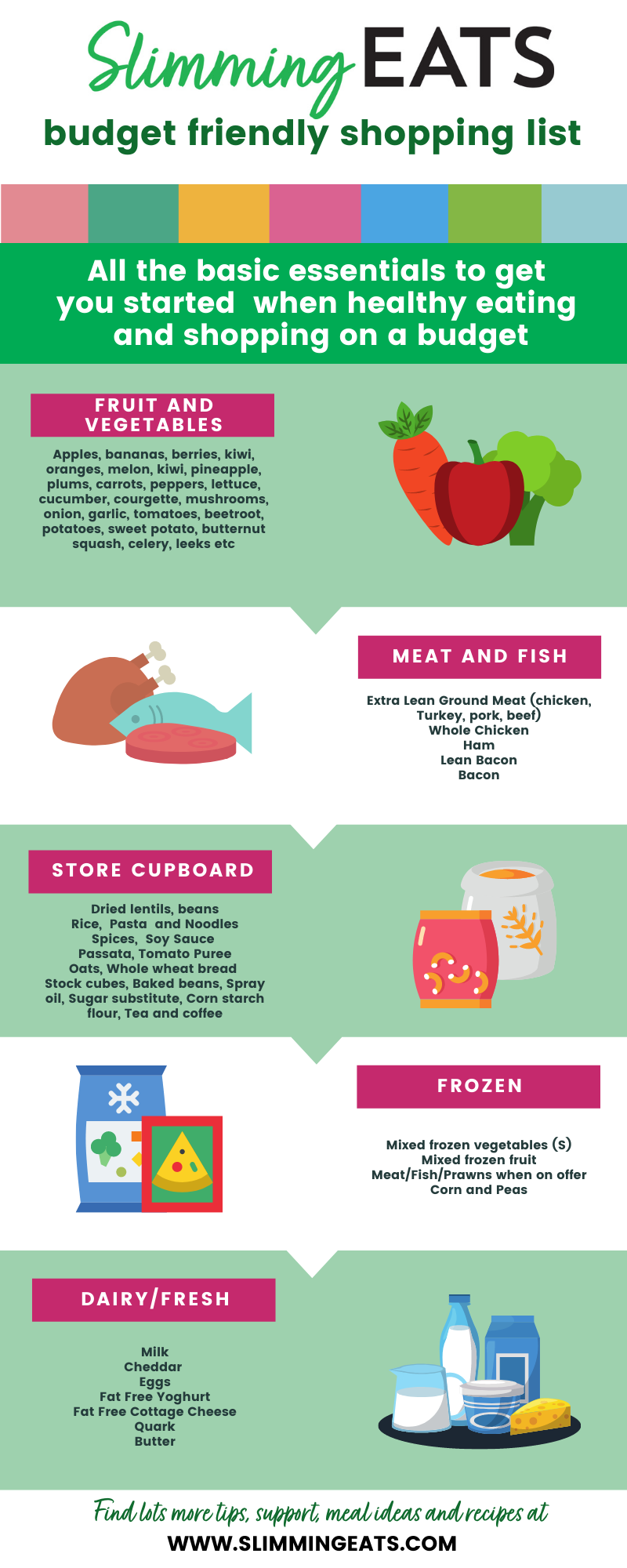
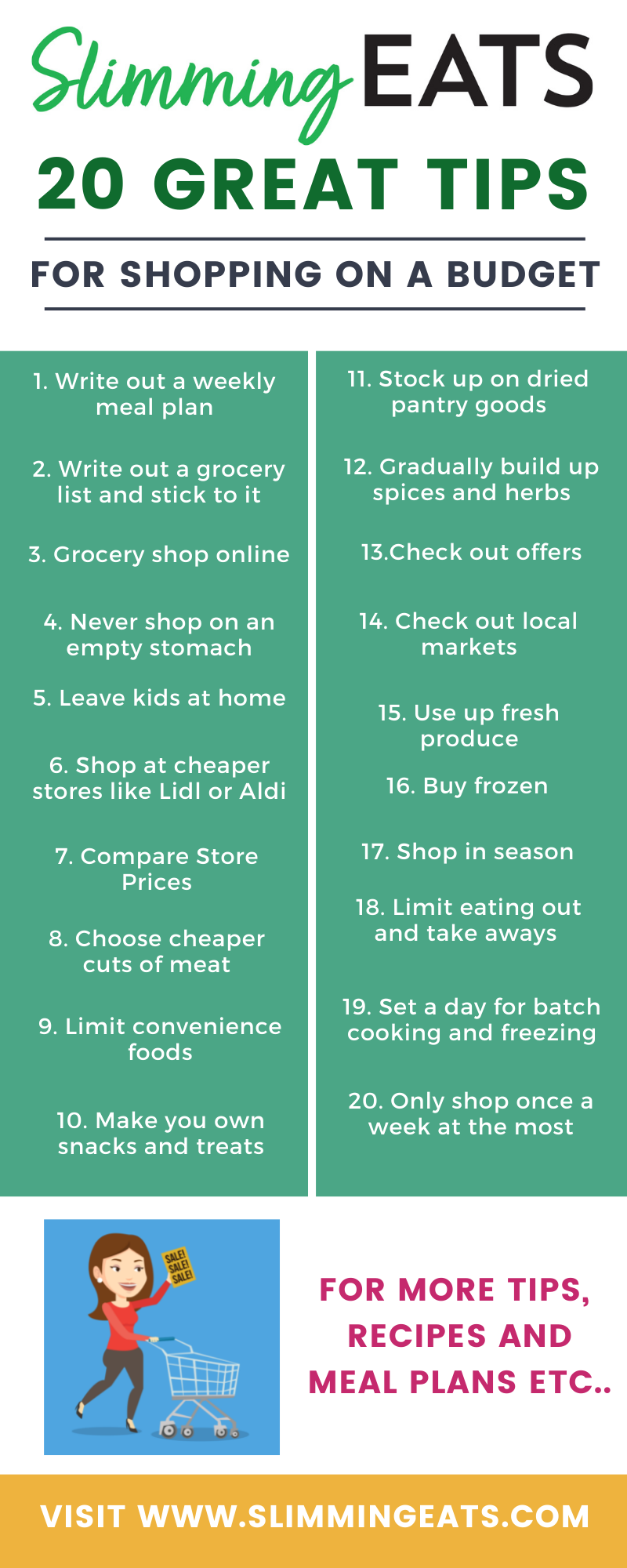

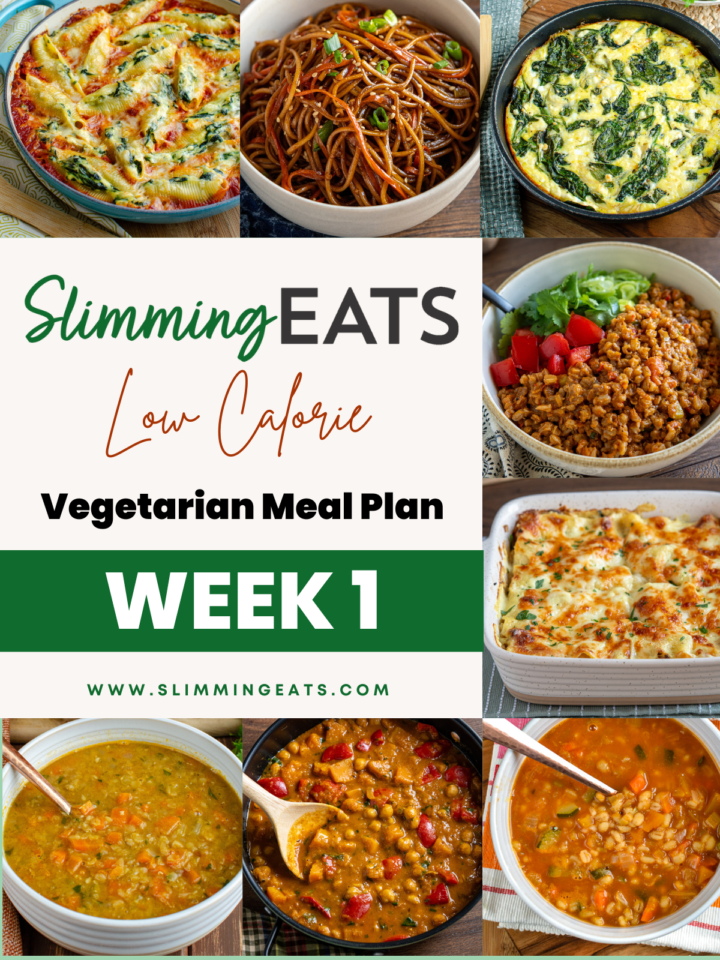

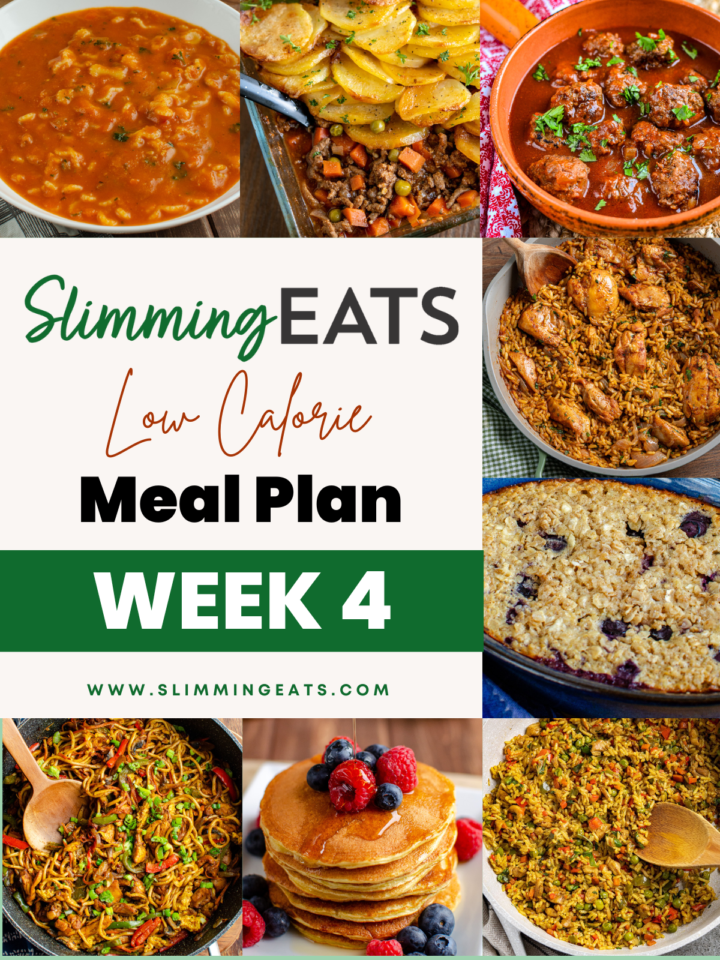
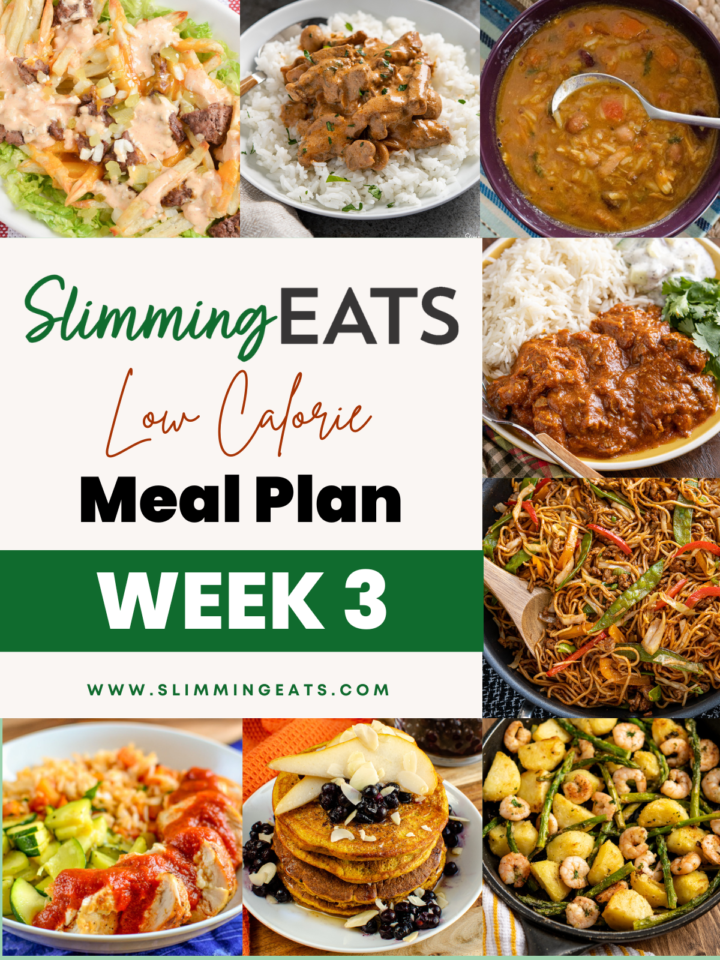




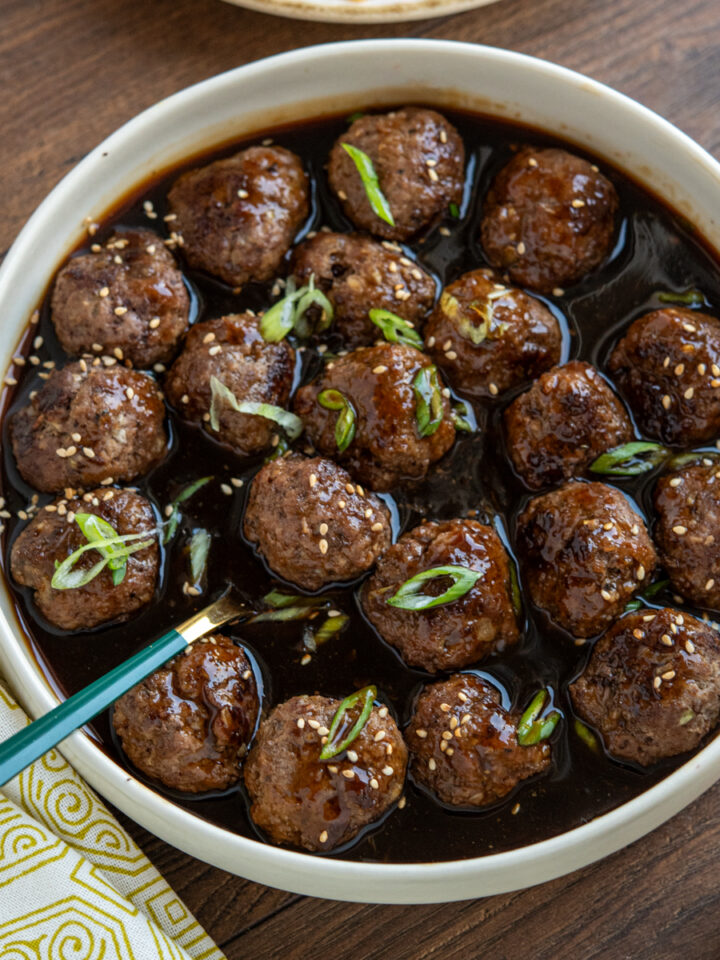
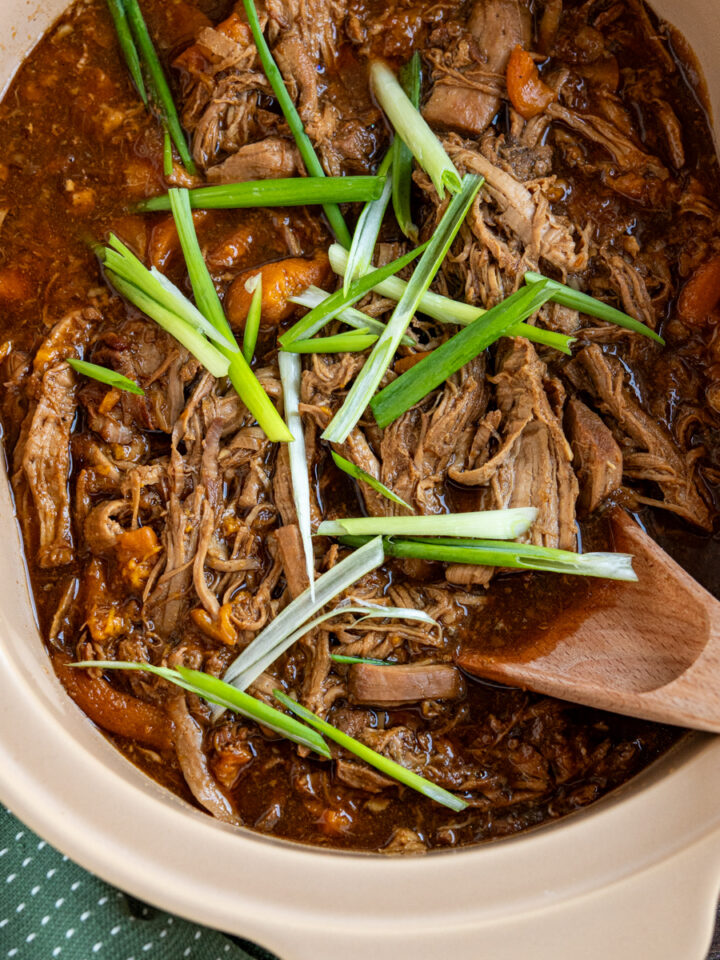

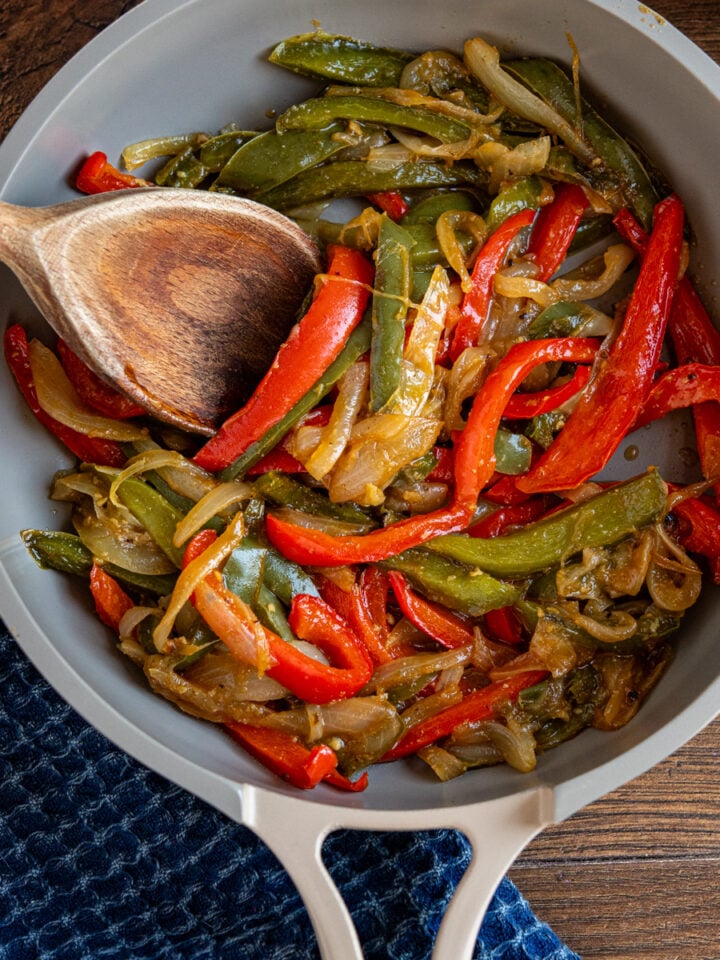
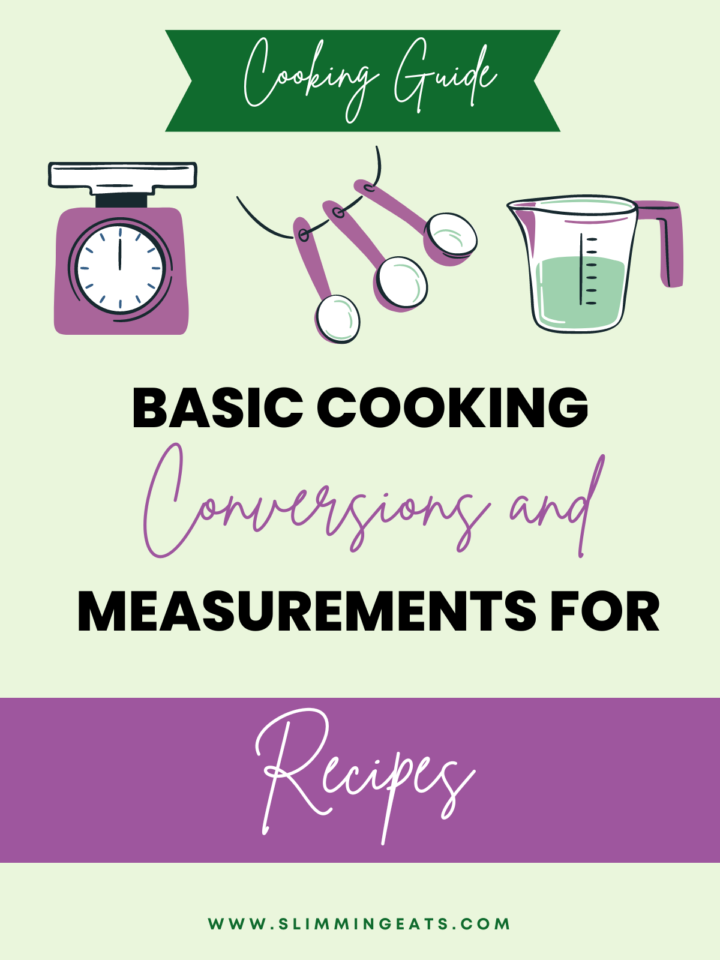



Julie C says
For spices, I buy them from the bulk section which means I can buy just enough to refill my jars - and literally costs just pennies as I'm not paying for a box or jar I don't need. I've been known to get things like bay leaves for free because they're so light they don't even register on the cashier's scales...